As we stand on the brink of a new year, the world of renewable energy is buzzing with innovation and progress. Among the various sustainable energy sources, geothermal energy continues to gain momentum for its reliability, efficiency, and minimal environmental impact. In this article, we’ll delve into the top five geothermal trends that are poised to shape the energy landscape in 2024 and beyond.
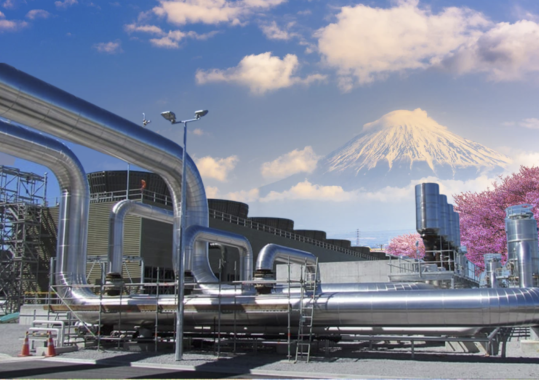
Geothermal energy represents a renewable, abundant, and environmentally friendly energy source that operates independently of weather patterns. Found deep within the Earth’s core, it’s an abundant and nearly limitless source of sustainable energy, created by the heating of water in geothermal reservoirs or aquifers beneath the Earth’s crust. This heat triggers the production of steam, which subsequently propels turbines to generate electricity. Once the steam returns to its liquid state, the cycle repeats, illustrating the sustainability of geothermal power.
Read More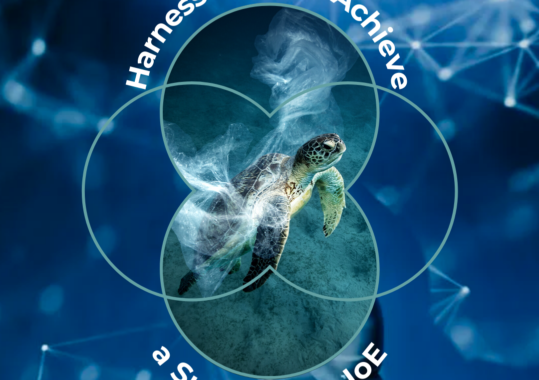
The Internet of Things (IoT) has been a revolutionary development in recent years, connecting people, devices, and services across the world. The Internet of Everything (IoE) is the next step in this evolution, offering an integrated system of technologies and services that give users more control and access to information. The IoE is expected to have a huge impact on the way we live and work, but it also comes with a range of sustainability challenges. In this article, we’ll explore how Artificial Intelligence (AI) can be used to create a sustainable Internet of Everything and discuss how AI-driven strategies can help us achieve this goal.
Read More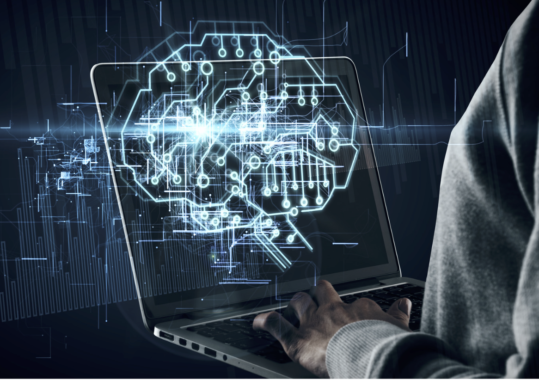
In today’s cyberthreat landscape, it is not just the volume of threats that poses a challenge to organizations. Rather, it is the sophistication and resiliency of the attacks that pose a threat. This is because attackers are becoming more sophisticated in their malicious designs, continuously coming up with new methods to breach security and disrupt business operations. They are also leveraging AI-powered automation tools and malware such as ransomware to launch attacks with greater frequency and efficiency. Therefore, keeping ahead of these trends will be critical for any organization looking to efficiently tackle cyberthreats and protect their data from malicious actors in the future. This article outlines some of these disruptive trends in cybersecurity to provide insights into how we can better secure our digital assets in an increasingly complex world.
Read More
In today’s world where everything is digital, data security has become a very serious issue. As businesses adopt cloud services at a rapid pace, their adoption of new technologies in turn creates new security challenges. The consequences of data breaches can be catastrophic. They lead to loss of revenue, brand damage, possible lawsuits, and most importantly—the release of sensitive user information that could cause irreparable harm to the organization. Unfortunately, almost every company suffers from data breaches sooner or later. It doesn’t matter how big or small your company is because even the most sophisticated organizations get breached. The question is not if but when will it happen to you? So instead of wondering ‘if’ you should take action now and start taking precautions so that your data remains uncompromised and unstealable. Here are 5 tips that can help you prevent your data from being compromised and stolen:
Read More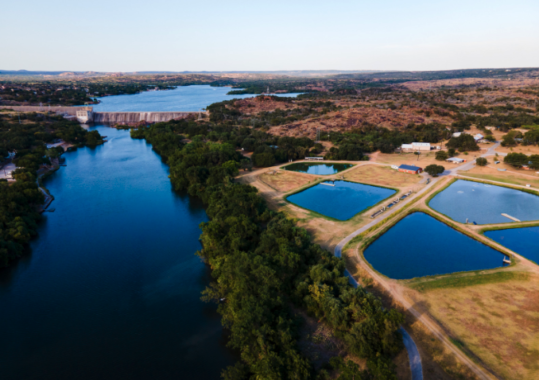
Data centers are increasingly reliant on renewable energy to power their computer servers, but the rapidly expanding demand for data is pushing new data centers to look at every opportunity for efficiency. The fishing industry supplies nearly half of the world’s fish as well as approximately 200 million tons of discarded fish each year. Read on to learn more about how data centers and the fishing industry could benefit from a marriage of their unique assets.
Read More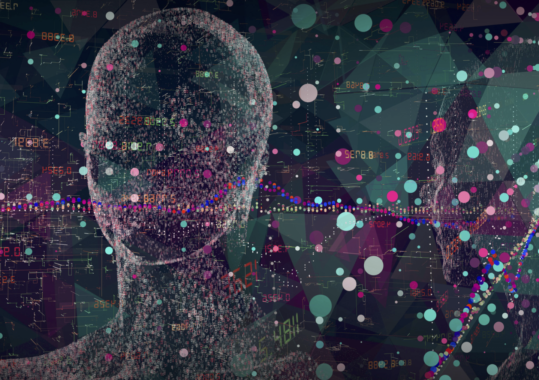
The virtual world has come a long way since Second Life and WoW. With the invention of blockchain, we can create fully-functional digital economies that are decentralized and trustless. In other words: no middlemen, just people exchanging goods in an open marketplace with their peers. An economy is essentially any system that facilitates the exchange of goods or services using digital currency as a medium of exchange. Because they are essentially virtual economies, they are often called “virtual currencies” or “e-currencies” – but these systems have vast growth potential regardless of what you call them. Over 1,500 digital tokens are currently being used as a form of currency in some economies.
Read More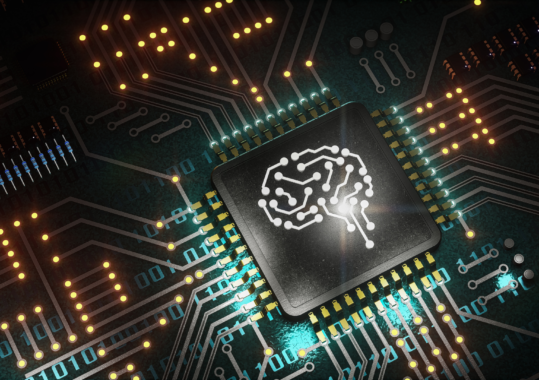
The explosion of data and the rise of data-driven businesses has created an unprecedented demand for data center resources. This growth in data has also created a need for more efficient operations.
The demand for data will only increase, as companies become more data-driven every day. Data centers must be flexible, scalable and efficient to handle this data volume and make more efficient use of computing resources.
Read More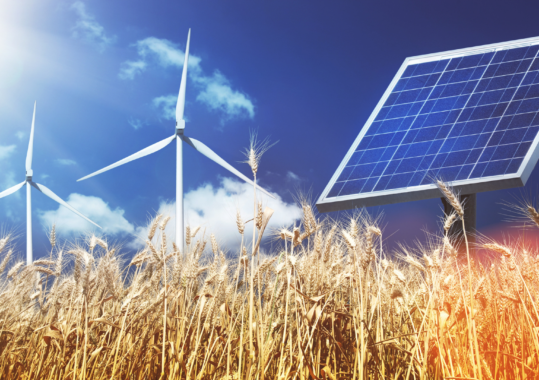
In 2021, we observed as the global economy rebounded while grappling with mounting climate change related extreme weather events, the ongoing COVID-19 pandemic, supply chain issues and a global energy supply crunch.
This is what we can expect in the remainder of the year ahead in 2022:
Read More
As demands for climate change action grow, business leaders have both a humanitarian and economic duty to take action. As a Member of Parliament of the United Kingdom Sebastien Coe said, “This is not going to be business as usual. This is business unusual.”
Climate change poses not only an existential threat to the well-being and survival of humanity but also creates new and devastating risks and challenges for businesses and the economy. These risks have the potential to drastically increase the cost of doing business, disrupt global supply chains and create billions of dollars in damage to infrastructure.
Read More